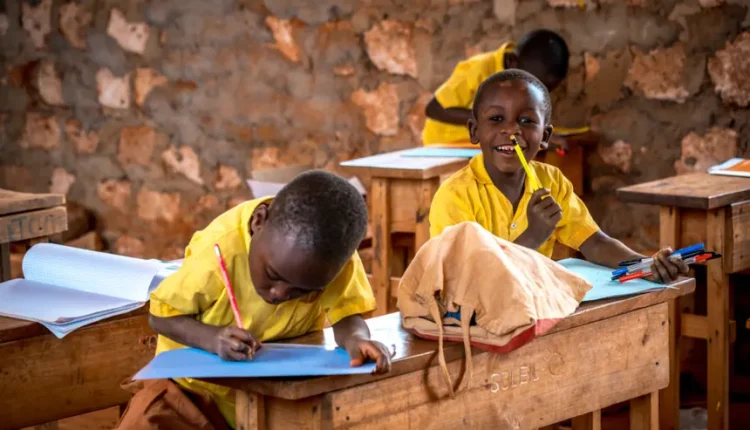The situation at Kenya’s education system has reached a critical point. From delayed capitation to a struggling Higher Education Loans Board (HELB), the crisis is deeper than poor governance, it reflects the failure of a secular, capitalist model that treats education not as a sacred right, but as a commercial good and political tool.
- Delayed Capitation and the Suffering of Schools
Recently, public primary and secondary schools across Kenya have been plunged into financial turmoil due to the delayed disbursement of capitation funds from the government. These funds are critical in maintaining the day-to-day operations of schools, from buying chalk to feeding students. Head teachers have gone on record describing how they are forced to run schools on credit, or send learners home for fees, negating the promise of “free” basic education.
This isn’t merely a bureaucratic issue. It reflects a deeper systemic failures.
- HELB: Loans That Enslave the Youth
On the higher education front, the situation is no better. HELB, the government-run student loan board, has been plagued by funding deficits and delays, leaving thousands of university students without tuition and upkeep support. Those who do receive loans graduate into a harsh job market and are pursued relentlessly for repayment.
This system reduces education to a burden, not an empowerment tool. It fosters a generation of young people enslaved by debt before they’ve even begun their careers. It is not built to uplift the people, but to serve a capitalist economy that thrives on debt and Usury (Riba).
- A Morally Bankrupt Curriculum
Beyond the financial collapse lies a deeper crisis, the moral and ideological emptiness of the education itself. The current curriculum, whether CBC or earlier systems, is designed to serve the needs of a global capitalist market, not to build upright humans connected to their Creator and society (individualism).
What values are being instilled? Is the education system preparing students to become God-conscious leaders, or just consumers, workers, and voters? The spiritual, moral, and communal aspects of life are entirely neglected. The Western ideas such as liberalism and secularism are subtly embedded into the syllabi, eroding Islamic identity.
The Islamic Education System is a Timeless Solution
Islam views education not as a privilege for the rich, or a tool of economic utility, but as a divine obligation, an act of worship. From the time of the Prophet ﷺ and the Khilafah that followed, Islamic governments invested heavily in education for both boys and girls, rich and poor.
- Free and Compulsory Education
In an Islamic state, education is free at all levels, from elementary to university, and is financed through state revenues such as public properties, and taxes on the wealthy. No student is denied access due to poverty.
- Curriculum Rooted in Values
The Islamic curriculum is built upon Aqeedah (creed) as its foundation. It nurtures critical thinking while instilling a strong connection with Allah, a sense of responsibility toward the Ummah, and the development of akhlaq (character). Islam also doesn’t categorize education as secular or religious as knowledge is from Allah s.w.t, And it’s intended to benefit the society at large and drive one closer to Allah s.w.t.
- End of Exploitation and Student Debt
Islam prohibits Riba (Usury) and exploitation. Students would not be burdened with HELB-like loans. Instead, the Khilafah ensures access to higher education for all qualified individuals as part of its duty, without strings attached.
Kenya’s education crisis, marked by delayed funds, disillusioned teachers, overburdened students, and a curriculum with no soul, is not an isolated failure. It is the product of a failed secular Capitalist system rooted in colonial legacy and capitalist exploitation.
The only true solution lies in uprooting this failed model and replacing it with a divine alternative, the Islamic education system under the Khilafah (Islamic State). Only then can we nurture generations who are intellectually sharp, morally upright, spiritually conscious, and socially responsible.
Musa Kipkeno Rotich
Member of Hizb ut-Tahrir, Kenya.


